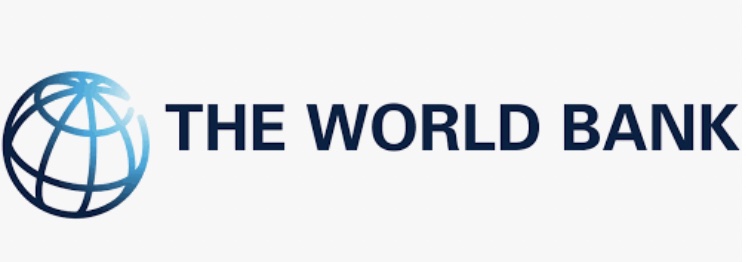The World Bank is still looking at a domestic growth forecast of 5.8 percent for 2024 and 5.9 percent for 2025, the same projection it made in April, based on the latest Philippines Economic Update (PEU) released on Tuesday, June 4.
The growth in the country’s gross domestic product (GDP) is expected to get support from a decelerating inflation and “strengthening household purchasing power.”
The latest PEU also forecast growth of 5.9 percent for 2026, and this is due to “robust domestic demand, strong services growth, and improved trade.”
“Growth is expected to be driven by strong household consumption, sustained strength in the services sector, and improved trade stemming from a rebound in global demand for goods and the continued recovery of services exports such as tourism,” said the World Bank.

The government has committed to increase public investment to an average 5.7 percent of GDP from 2024 until 2026, and will cover 124 new flagship infrastructure projects.
While the World Bank did not change its Philippine growth outlook in the next two years, it warned of risks that could threaten economic expansion. In the report, these risks are: higher than expected inflation; extreme weather and climate change; global geopolitical tensions; tighter than expected financial conditions; the possibility of a sharper slowdown in China; and a prolonged El Niño event, and possibly a La Niña, that could strain the domestic food supply and trigger an increase in inflation.
World Bank Country Director Ndiamé Diop said the “current El Niño phenomenon exemplifies the severe disruptions that extreme weather events, intensified by climate change, can cause.”
“These disruptions include impacts on educational services, reductions in farm yields, and constraints on water and electricity supplies. Proactive measures to bolster community resilience against such climatic challenges are crucial and can significantly mitigate their adverse effects on the country's growth outlook,” he added.
To manage inflation, World Bank Senior Economist Ralph Van Doorn said non-monetary strategies are essential such as in optimizing supply and demand, management “and to secure timely and adequate imports of staple food items.”
He also said the government “needs to continue providing social assistance to vulnerable groups who are disproportionately affected by high food inflation.”
Meanwhile, the report stressed on the need for the government to “improve the efficiency, transparency, and inclusive use of public resources in climate adaptation, mitigation, response, and rehabilitation.”
This include revenue enhancing programs to ensure the government will “sustainably finance the country's development priorities.”
“Achieving the Philippines’ fiscal targets by 2028 and sustainably financing the government’s development priorities will rely on more robust tax revenues,” said the World Bank.
In addition, it said continued revenue efforts “could focus on broadening the tax base, rationalizing tax incentives, strengthening tax administration, and improving collection efficiency. Fiscal consolidation could help preserve confidence in the economy, leading to an increase in private investment and productivity, and would lead to sustainable increases in public investment in infrastructure, health, and education.”